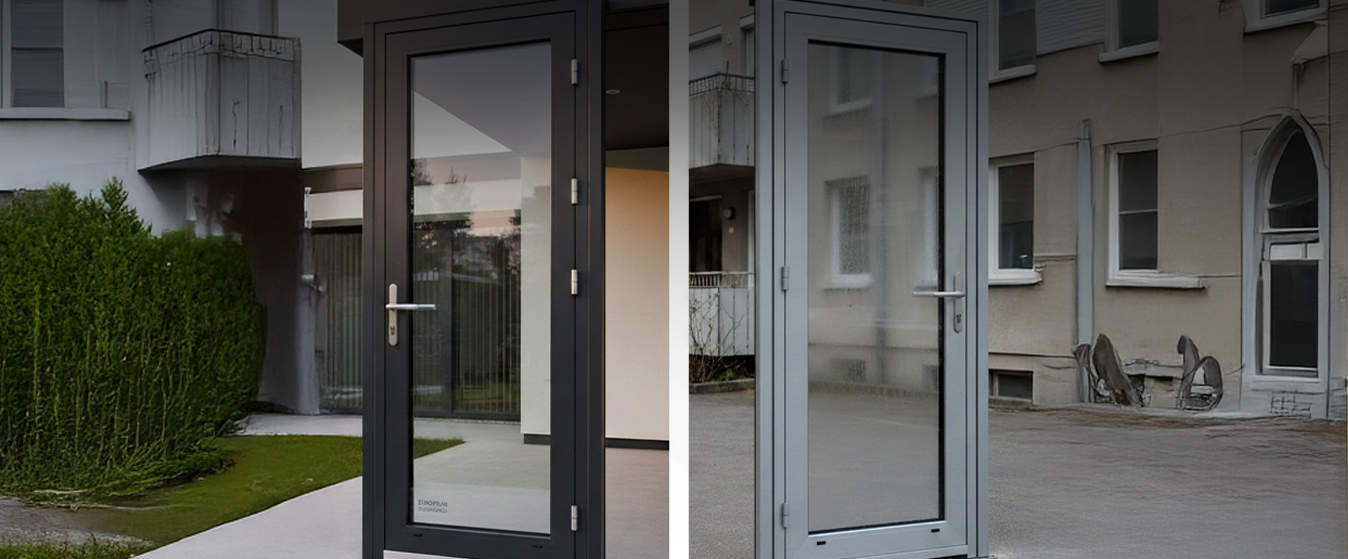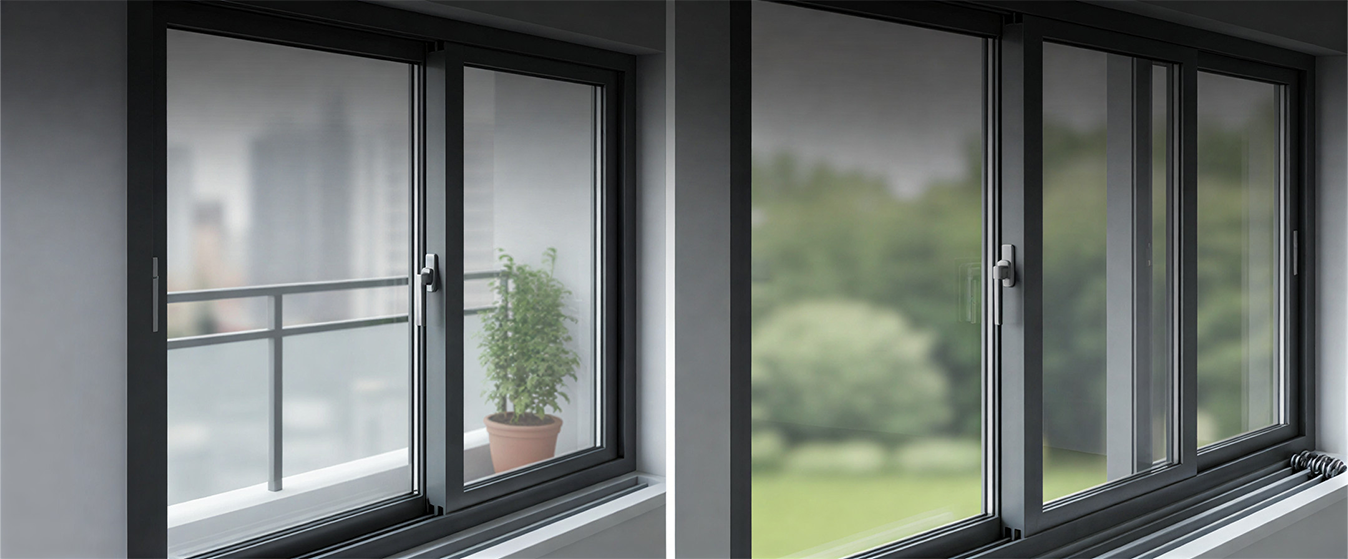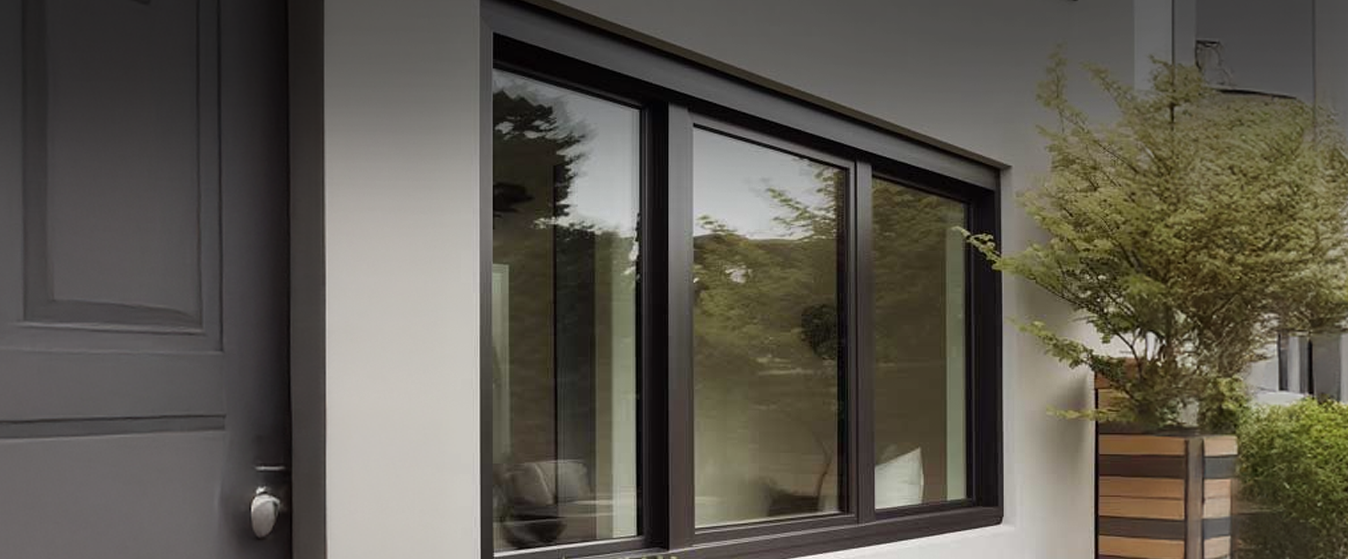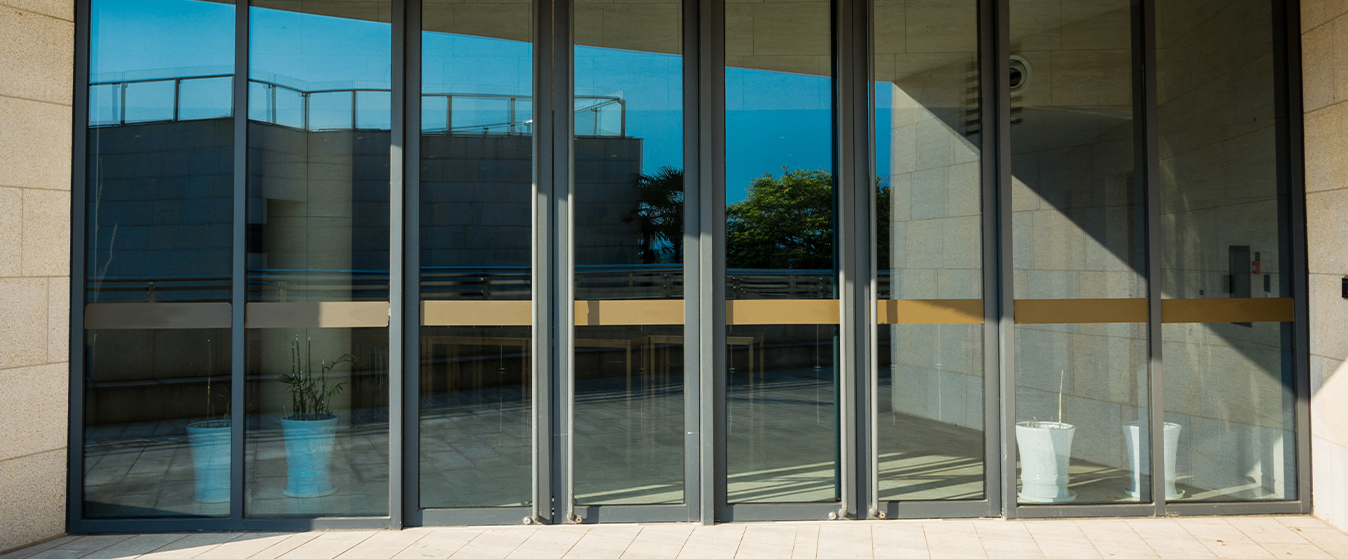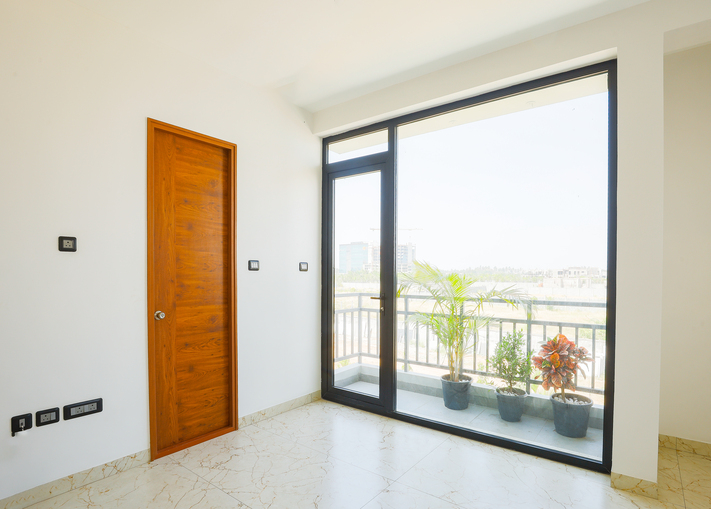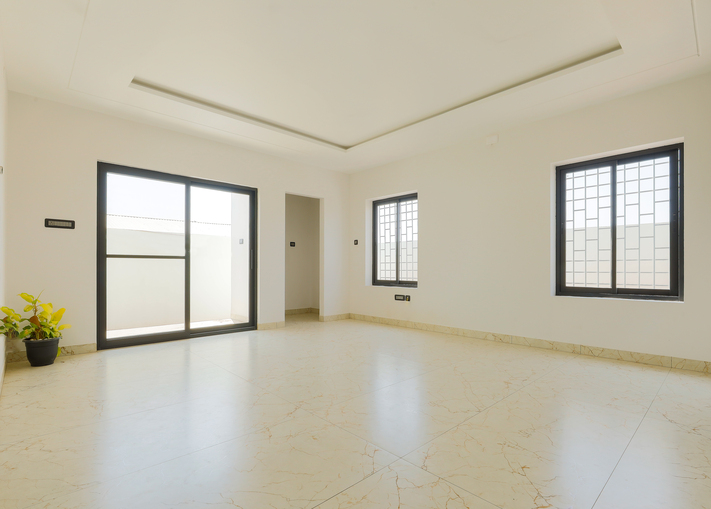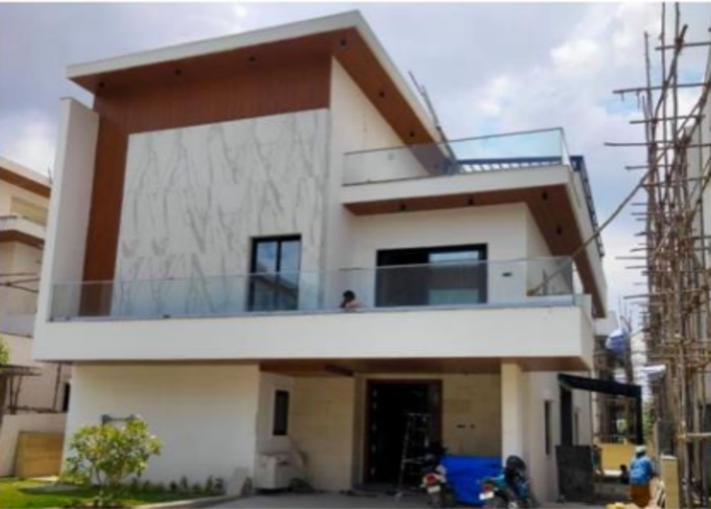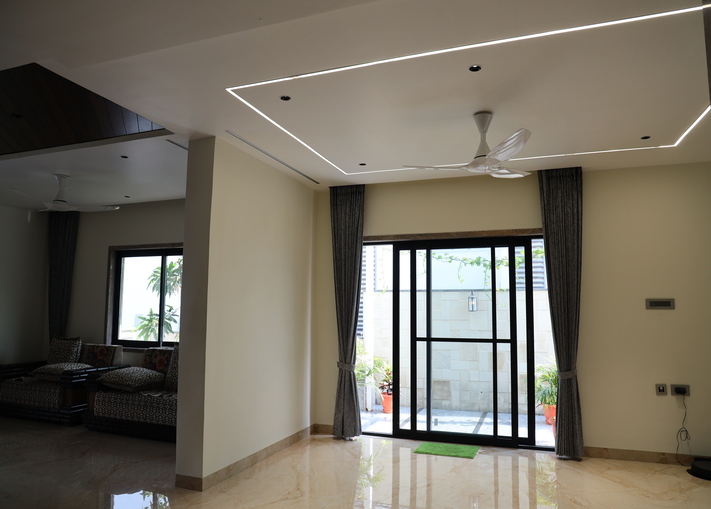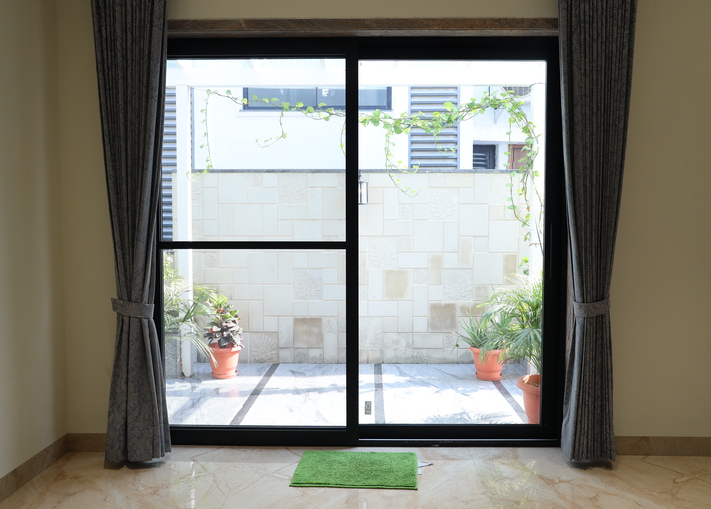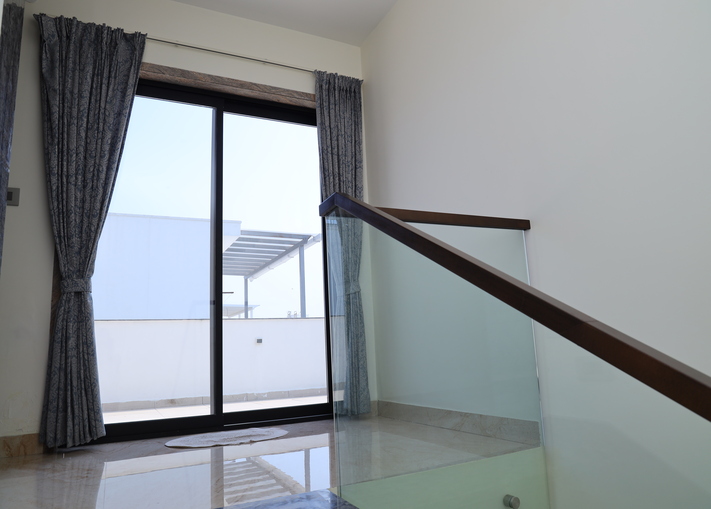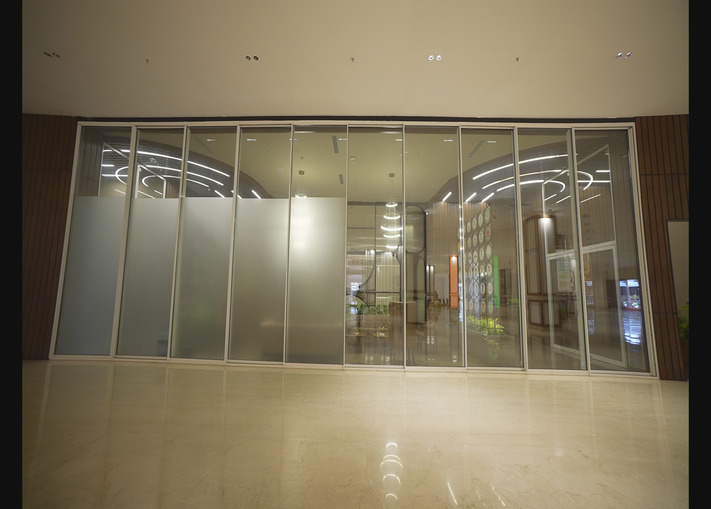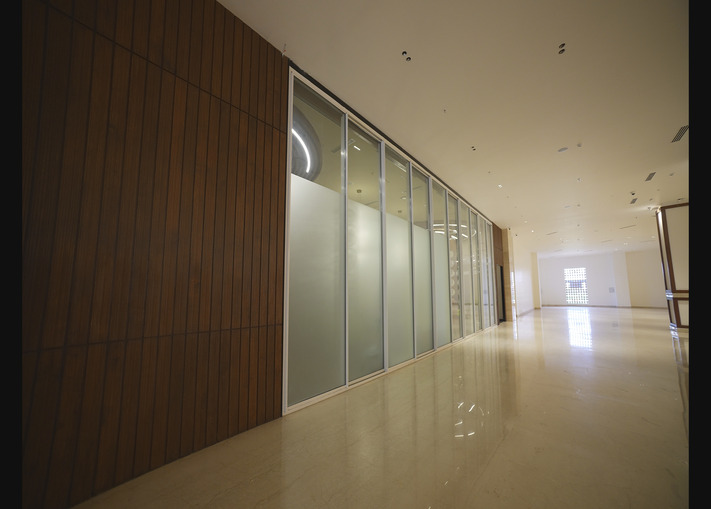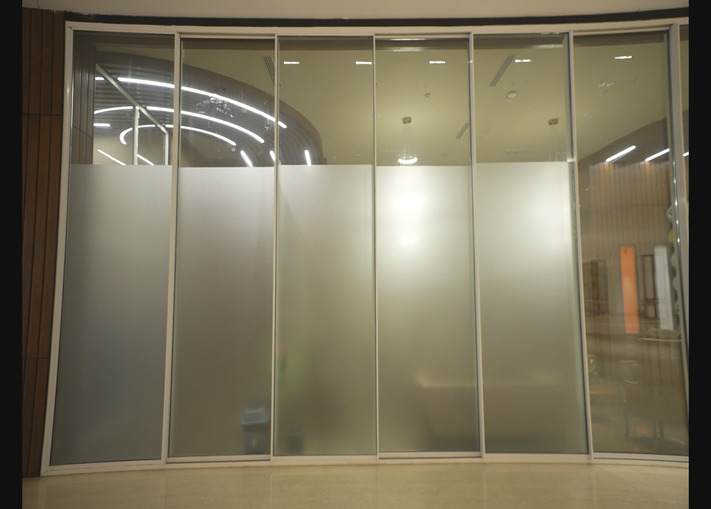Preparing Your Home for Severe Weather: From Installing Aluminum Window Frames to Basement Inspections, and Beyond
June 19, 2024
Severe weather events, such as storms, cyclones, and heavy rainfall, can pose significant threats to the safety and integrity of your home. Preparing your home for such conditions is important to minimize damage and ensure the safety of your family. Taking proactive measures can help you protect your property, save on repair costs, and provide peace of mind during extreme weather events. From replacing old and broken windows with aluminum windows to securing outdoor items , a comprehensive approach to severe weather preparedness can make all the difference. In this guide, we will explore essential steps and practical tips to help you prepare your home for severe weather:
Check your roof regularly:
Your roof is the first line of defense against severe weather. Regularly inspect it for any signs of damage, such as cracks, or leaks. Consider reinforcing your roof with hurricane straps or clips to ensure it stays intact during high winds. For areas prone to heavy rainfall, ensure your roof has proper drainage systems in place, such as well-maintained gutters and downspouts, to prevent water accumulation and leaks. Also, check the roof’s structure and materials to ensure they can withstand prolonged exposure to heavy rain and high winds.
Remove branches and dead trees:
- Trim Overhanging Branches: Cut back branches of trees that are touching or hanging over your home. During storms, these branches can cause significant damage if they fall on roofs, windows, or even vehicles parked in the driveway. Regularly trimming these branches helps prevent potential hazards and minimizes the risk of storm damage.
- Remove Dead Trees: Dead or diseased trees pose a serious risk during severe weather. They are more likely to be uprooted or broken by strong winds, leading to substantial property damage. Ensure that any dead or unstable trees are removed well before storm season to mitigate this risk.
Replace old windows with new window frames made from aluminum :
If your windows are worn out and have developed cracks and gaps, they can let in rainwater, leading to significant damage. Rainwater infiltration can damage furniture, furnishings, and walls. Wooden furniture may warp, and wall paint may bubble and crack. Also, mold can start to build up around the windows and on curtains due to trapped moisture.
Old or damaged windows are vulnerable to strong winds during severe weather events. High winds can cause poorly maintained windows to rattle, crack, or even shatter, creating a dangerous situation for the occupants. Flying debris carried by the wind can break through weakened windows, causing further destruction inside your home and potentially injuring anyone nearby.
When it comes to window frames, aluminum is an excellent choice for enhancing your home’s resilience to severe weather. Here’s why:
- Durability and Strength: Aluminum frames are incredibly durable and can withstand high winds and impact from debris. They are less likely to warp, crack, or swell, providing a consistent protective barrier over time.
- Impact Resistance: Modern aluminum frames can be paired with impact-resistant glass, which is specifically designed to withstand the force of flying debris during storms. This combination ensures your windows remain intact, even under extreme conditions.
- Tight Seals and Energy Efficiency: Aluminum frames can be manufactured with precision to create tight seals around the window panes. This not only prevents water and wind from infiltrating your home but also enhances energy efficiency by reducing drafts.
To know about our aluminum window price, get in touch with us.
Clean gutters and downspouts:
Regularly clean gutters and downspouts to prevent them from getting clogged. It is recommended that you clean the gutters and downspouts at least twice a year to ensure that they are functioning properly and prevent water damage.
Examine electrical wiring:
Check for any exposed wiring and get it fixed by a licensed electrician. Also, inspect switchboards and junction boxes for any signs of damage. If you find any exposed or damaged wiring, loose connections or other potential hazards, contact a qualified electrician to make the necessary repairs.
Check the basement for signs of leakage:
Leaky pipes or cracks in the foundation can quickly turn into major problems during a storm, so it is important to inspect the basement before the bad weather hits. If you notice any signs of leakage or water entry points, make sure to get them fixed as soon as possible.
Secure garden or patio furniture:
High winds can easily blow away patio furniture and garden tools. This can not only cause damage to your home, but it can also be dangerous for you or your family if they were to be hit by flying objects. To avoid this, remove small tools and lightweight outdoor furniture. If you have heavy furniture that you prefer to leave outside, such as a table or chair, secure it in place so that it doesn’t become a hazard in the event of a storm.
By taking proactive measures, you can significantly enhance your home’s resilience against storms, cyclones, and heavy rainfall.



